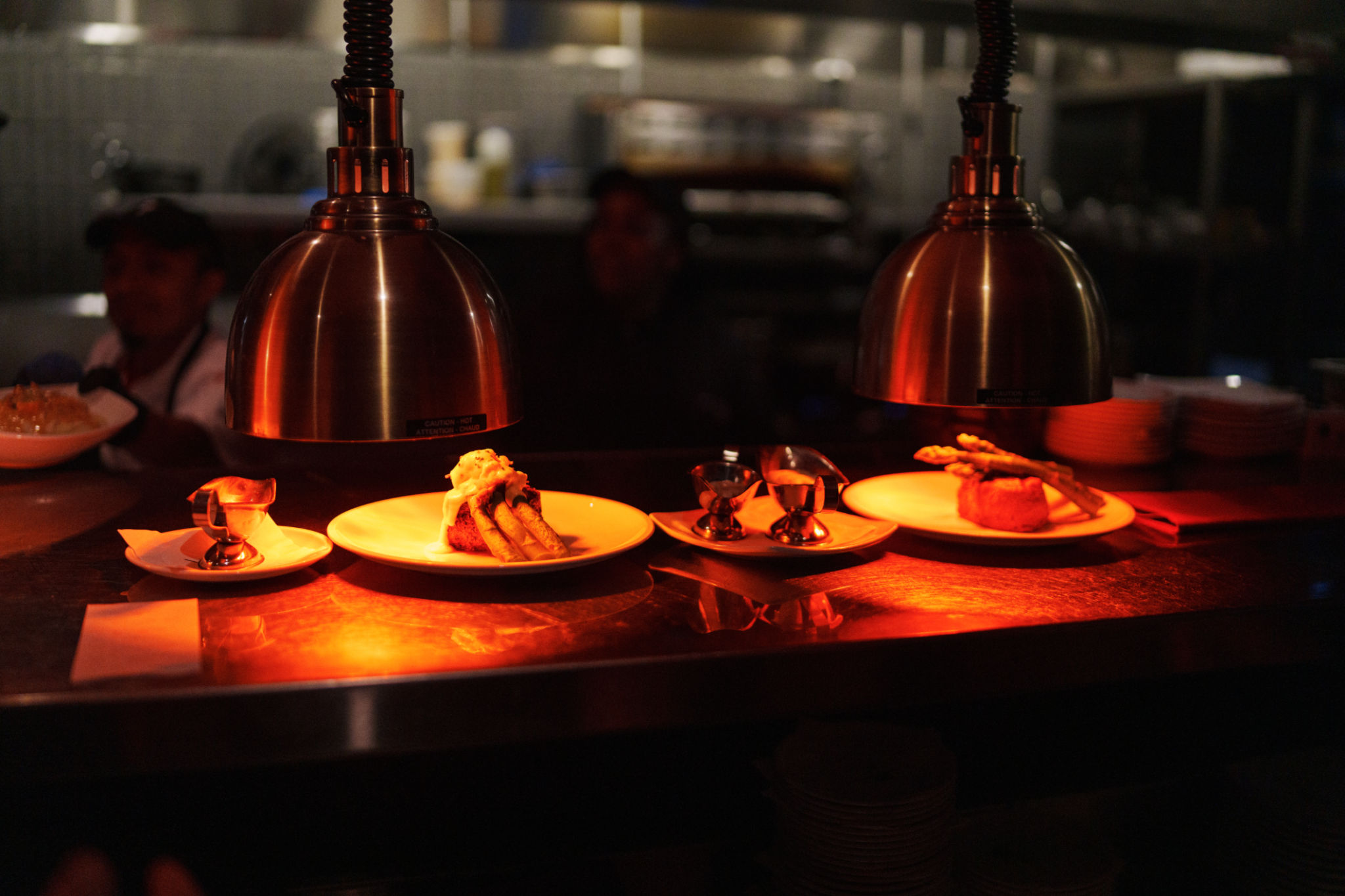Seasonal Food Safety Tips: Preparing Your Business for Holiday Demand
Understanding Seasonal Demand
As the holiday season approaches, businesses in the food industry must prepare for increased demand. This period can be both exciting and challenging, as more customers mean more opportunities, but also more responsibilities. Ensuring food safety during the holidays is crucial, as the influx of orders can lead to oversights that could harm your business's reputation.

Stocking and Storage
Proper stocking and storage are essential to maintaining food safety. With increased demand, businesses often purchase larger quantities of ingredients, which need to be stored correctly to ensure freshness and safety. Implement a detailed inventory management system that helps track expiration dates and storage conditions.
Consider investing in additional refrigeration units if necessary, as overloading existing equipment can lead to temperature fluctuations that may compromise food safety. Regularly monitor and log temperatures to ensure compliance with safety standards.
Staff Training and Hygiene
During the holiday season, many businesses hire temporary staff to meet increased demand. It's imperative to provide comprehensive training on food safety protocols for all employees, both new and seasoned. This includes proper handwashing techniques, cross-contamination prevention, and personal hygiene standards.

Regularly scheduled training sessions can reinforce these practices and should be complemented by clear signage throughout the workplace as reminders. Additionally, ensure that all staff have access to necessary hygiene supplies such as gloves, hairnets, and sanitizers.
Food Preparation and Handling
As food preparation scales up, maintaining safety protocols is vital. Establish clear procedures for preparing and handling different types of food. Separate raw meats from other items to prevent contamination, and use color-coded cutting boards for different food types.
Implement a rigorous cleaning schedule for all kitchen equipment, ensuring that surfaces are sanitized regularly. Encourage staff to clean as they go, especially during peak hours when the kitchen can become hectic.

Communication with Suppliers
Maintaining open lines of communication with your suppliers is crucial during the holiday rush. Ensure that they understand your increased needs and confirm delivery schedules well in advance. Reliable suppliers can help you avoid last-minute shortages that could disrupt service.
Customer Communication
Transparent communication with your customers about wait times and any changes in service can enhance their experience. Consider updating your website and social media channels with information regarding holiday hours, menu changes, or any special offers.
A proactive approach in addressing potential issues can help manage expectations and maintain customer satisfaction despite the busy season.

Emergency Preparedness
Finally, it's essential to have a plan in place for unexpected situations, such as equipment failure or sudden staff shortages. Having backup suppliers, additional staff on call, and contingency plans can minimize disruptions and ensure that your business continues to operate smoothly during the holiday demand.
The holiday season offers significant opportunities for growth and success. By prioritizing food safety and preparation, your business can meet customer demands effectively while maintaining a stellar reputation.
